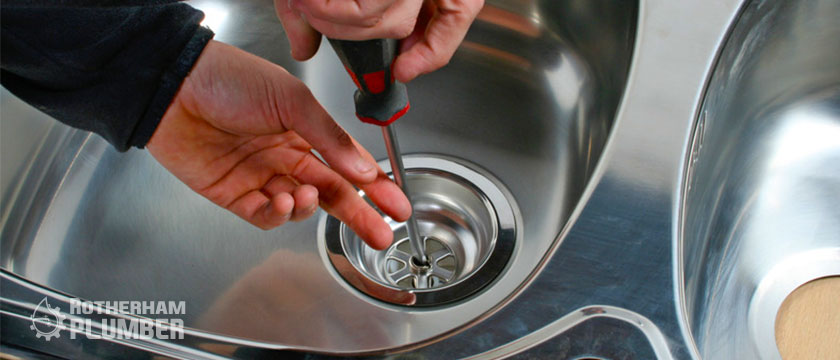
11 Dec. 21
Tips for Detecting Water Leaks in the Kitchen or Bathroom
Do you suspect a leak in your kitchen and/or bathroom? Not sure how to identify where leaks are coming from? If these are some of the questions you have, this article has all the answers you need!
Water leak detection can be quite difficult, especially if you are not a seasoned professional. However, this is not an impossible feat and there are several methods to consider when detecting leaks in your kitchen or bathroom.
If you’d like to learn more about detecting leaks in your kitchen or bathroom, continue reading our article below for more.
Water Leak Detection Methods
Trying to detect water leaks can be a trial and error situation. Fortunately, there are several methods you can use to narrow down where a water leak is in your kitchen or bathroom. Here are a few quick tips to help you:
1). A toilet leak can be detected by opening the lid of the toilet tank and pressing your ear to the side of the tank. If you hear a hissing sound, it may be due to water leaking from pipes or valves in the toilet tank.
You can also add a few drops of food coloring to the water and check if there is any color in the toilet bowl. If there is any color leaking into the toilet bowl, the leak may be due to a leak in the clapper valves.
2). Faucets are very prone to leaks in the water supply system. Leaks can occur if rubber washers are worn, torn or damaged. Replacing the washer located under the metal faucet handle to fix the water leak is the only solution.
3). The hot water tank installed on the geyser may be prone to leaking. You can find the leak by listening to the hissing sound of hot water coming out of the pipes. You may hear a hissing sound, but a skilled plumber can remove the associated drain pipe to pinpoint the exact location of the leak.
4). Pipelines to sinks, showerheads, and tubs often show visible signs of leaks, so it’s worth checking these areas. PVC pipes, which are widely used today, are more vulnerable to leaks, especially when they come under heavy water pressure. Frequent checks are a necessary safety and maintenance step.
5). Basements and attics are often neglected, but these areas can still have water leaks. However, it may not be that easy to detect. It is recommended that you seek professional plumbing services who can use water leak detector devices that can be installed in areas prone to leaks such as a washing machine, water heating system or building foundation.
6). If no leaks are detected in the house, you can detect water leaks by checking your water meter. Turn off all water supply in the house and check the water meter. If the water meter has risen after about an hour (make sure you don’t use water during this time), you probably have a water leak.
When to Call a Plumber
Whether you have detected a leak or not, it is important to contact your Nearest Plumbing – plumber immediately so they can professionally identify and treat the existing water leak. If water leaks are left untreated, this can cause serious damage to your home, causing unnecessary water loss, increasing water bills and jeopardizing the safety of your home. You can contact our gas engineers rotherham experts for further information.
Final Thoughts
If you feel you have a water leak in your kitchen or bathroom, there are several leak detection methods you can try. Identifying the leak on your own can help give your local plumber an idea of where the problem is, but ultimately calling a plumber is necessary to fix the water leak and prevent danger and further damage.


